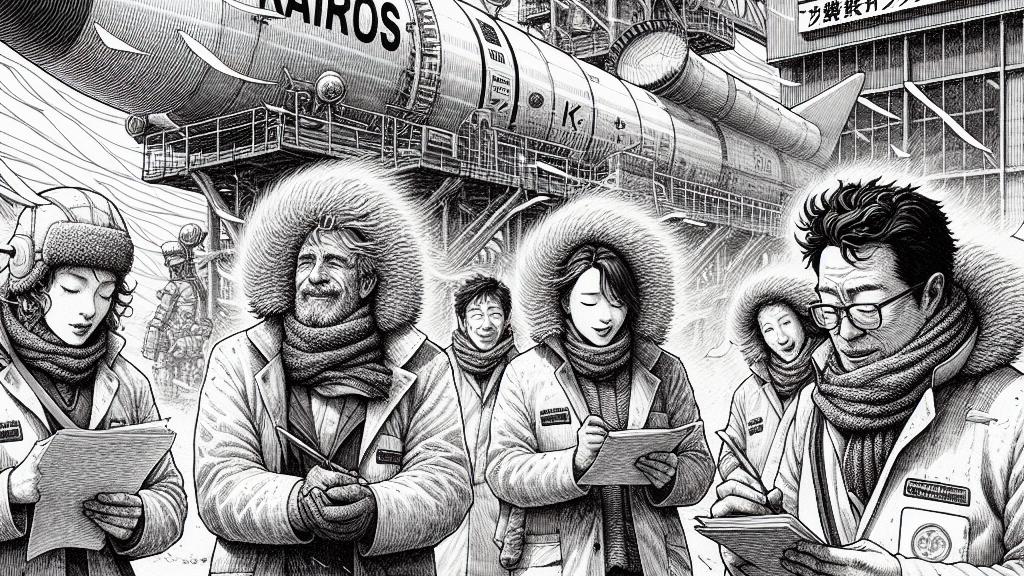Japan's Space Company Delays Rocket Launch
Overview
- Space One faces a setback as it postpones the highly anticipated second launch of the Kairos rocket due to unfavorable weather.
- This mission isn't only about launching a rocket; it will carry multiple satellites, including innovative designs from students and a satellite commissioned by the Taiwan Space Agency.
- Japan's burgeoning private space sector is undergoing significant changes, promising new opportunities in the realm of space exploration.

The Launch Delay Explained
In a surprising twist, Space One, a rising star in Japan's private aerospace arena, had to postpone its second attempt to launch the Kairos rocket. This rocket was scheduled to lift off from Spaceport Kii in Wakayama, creating a buzz of excitement. However, just 20 minutes prior to launch, the team made the difficult decision to delay due to high winds that made conditions dangerously precarious. This kind of weather assessment is crucial; safety always comes first in aeronautics. A Space One executive emphasized their determination: 'We take this setback seriously and are fully committed to making a successful launch tomorrow.' This determination reveals the spirit of resilience that defines the industry.
A Payload of Innovation and Inspiration
What truly makes this launch captivating is its eclectic set of payloads. The Kairos rocket is set to carry a satellite from the Taiwan Space Agency, alongside innovative projects crafted by inspired Japanese students. This combination is not just a technical achievement; it serves as a platform for young minds to shine in the field of aerospace technology. For instance, imagine a satellite designed by students that will monitor climate changes on Earth—a project that blends education with real-world impact. By nurturing such initiatives, Space One aims to jumpstart a new era of commercial spaceflight, drawing inspiration from companies like SpaceX, which has pioneered cost-effective space access and frequent launches.
A Thriving Space Culture in Japan
The context for Space One's endeavors is part of a larger, vibrant narrative unfolding in Japan's space exploration saga. Recently, JAXA made headlines by successfully landing an unmanned probe on the moon, marking a historic achievement that celebrates Japan as the fifth country to accomplish such a feat. This mission not only highlights Japan's technological capabilities but also stirs national pride and passion for space exploration—a sentiment echoed across the nation's media. Meanwhile, JAXA is working tirelessly to upgrade its launch systems, striving to keep pace with international developments. As both governmental and private sectors unite to push the boundaries of space travel, Japan stands at a transformative juncture, ready to redefine its role in the global arena of aerospace innovation.

Loading...